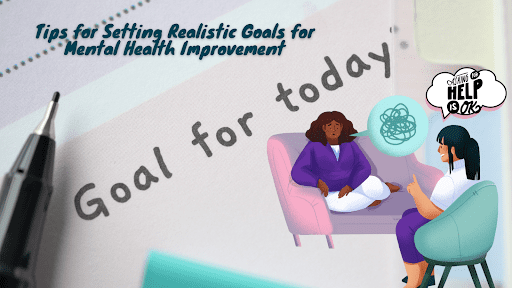3 Homemade Remedies for Menopause Aches and Pains

Menopause brings about a myriad of changes in a woman’s life, both physical and emotional. Among the mood swings, hot flashes, night sweats, etc., menopausal aches and pains stand out as particularly bothersome, disrupting daily activities and diminishing the overall quality of life.
Menopause is a phase that marks the end of your reproductive years. This transition is driven by hormonal changes, particularly a decline in estrogen levels. These hormonal fluctuations can lead to joint pain, muscle stiffness, headaches, and general discomfort. These symptoms can vary from woman to woman, but they’re often significant enough to impact overall well-being and quality of life.
While there are doctors and pharmaceutical options out there, most women seek help from homemade remedies, which often prove to be quite effective, provided that you do not consume something you are allergic to.
In this guide, we will discuss some homemade remedies that may benefit you during this time. Read on.
Homemade Remedies for Menopause Aches and Pains
There is a wide range of natural and homemade remedies that you can seek relief from during your menopausal years. Here are some of them:
- Herbal Remedies
These are some of the most popular and effective methods of alleviating the symptoms of menopause. Some common herbs that may help are below:
Ginger: This has analgesic and anti-inflammatory properties and can be effective in reducing muscle soreness and alleviating headaches.
Black Cohosh is widely used for menopausal symptoms. It is known to lessen the effect of hot flashes and night sweats and may also help alleviate joint pain and leg aches during menopause and improve overall mobility.
Turmeric: This also is known for its potent anti-inflammatory properties, it can help ease joint pain and improve overall mobility.
Red Clover: It’s rich in phytoestrogens and is said to balance hormone levels and thereby help with mood swings.
- Dietary Modifications
Having a balanced diet is extremely necessary, especially during menopause. Here are some of the necessities that you should incorporate into your diet in your menopausal years.
Omega-3 Fatty Acids: Include foods that are rich in Omega-3, such as fatty fish, flaxseeds, and walnuts in your diet. These can help reduce inflammation and alleviate joint pain.
Calcium and Vitamin D: Maintaining adequate calcium and Vitamin D intake is essential for bone health and might even help reduce or prevent joint pain.
Magnesium: Dr. Karen Pike suggests consuming foods like leafy greens, nuts, and whole grains, which are rich in magnesium and really help with stiff joints and muscle pain. Magnesium is also said to calm the nervous system.
- Eat more Phytoestrogens
Eat foods that are rich in phytoestrogens, such as tofu, sesame seeds, flaxseeds, tempeh, soy products, or soybeans, beans, and linseeds. Phytoestrogens are basically plant compounds that can mimic the effects of estrogen in the body.
It helps balance hormone levels and alleviate menopause symptoms.
Physical Activity
These are not homemade but are still natural ways to help you alleviate the symptoms. Not only in your menopausal years, but indulging in a few physical activities every day helps to improve blood circulation and would relieve you of the pain, menopause or otherwise.
Stretching: Stretching exercise helps you relieve muscle tension and improve overall flexibility.
Regular Exercise: Engage yourself in regular exercises. Be it walking, swimming, or intense exercises. It helps to improve joint flexibility, strengthen muscles, and alleviate stiffness.
Strength exercise: Building muscle strength training through resistance exercises can provide support to joints and reduce the risk of injury.
Stress Management
Because of the decrease in estrogen levels, women become more susceptible to stress and often feel more stressed about the stress.
Engage yourself in stress reduction techniques. Practice mindfulness, meditation and deep breathing exercises can help calm your nervous system and reduce anxiety.
You can also do things that you enjoy, like art or playing games, since these reduce stress.
Stay Hydrated
Staying hydrated is applicable for all menopausal symptoms. Because of the decrease in the production of hormones, the body’s ability to retain water fades.
Drink 9 to 11 glasses of water every day to keep yourself hydrated.
Maintain a moderate weight but do not skip meals.
Maintaining a moderate weight does not mean skipping meals. Most women only eat once or twice a day to keep themselves at a certain weight, which is completely unhealthy and not advisable.
Eating small amounts of food whenever you are hungry or thrice a day and keeping a check on the nutrients you consume is what makes you healthy. Ensure that you include all the mentioned nutrients in small proportions in your meal.
Conclusion
Eating a balanced diet and knowing what you eat is way more important than you think. Apart from the mindful activities, it is important that you indulge in mindful eating as well because that’s where the change takes place.
However, practicing these tips will not prevent any pain or menopause symptoms, they may help alleviate them. Include the necessary nutrients and herbs necessary for a smooth transition during this phase.









